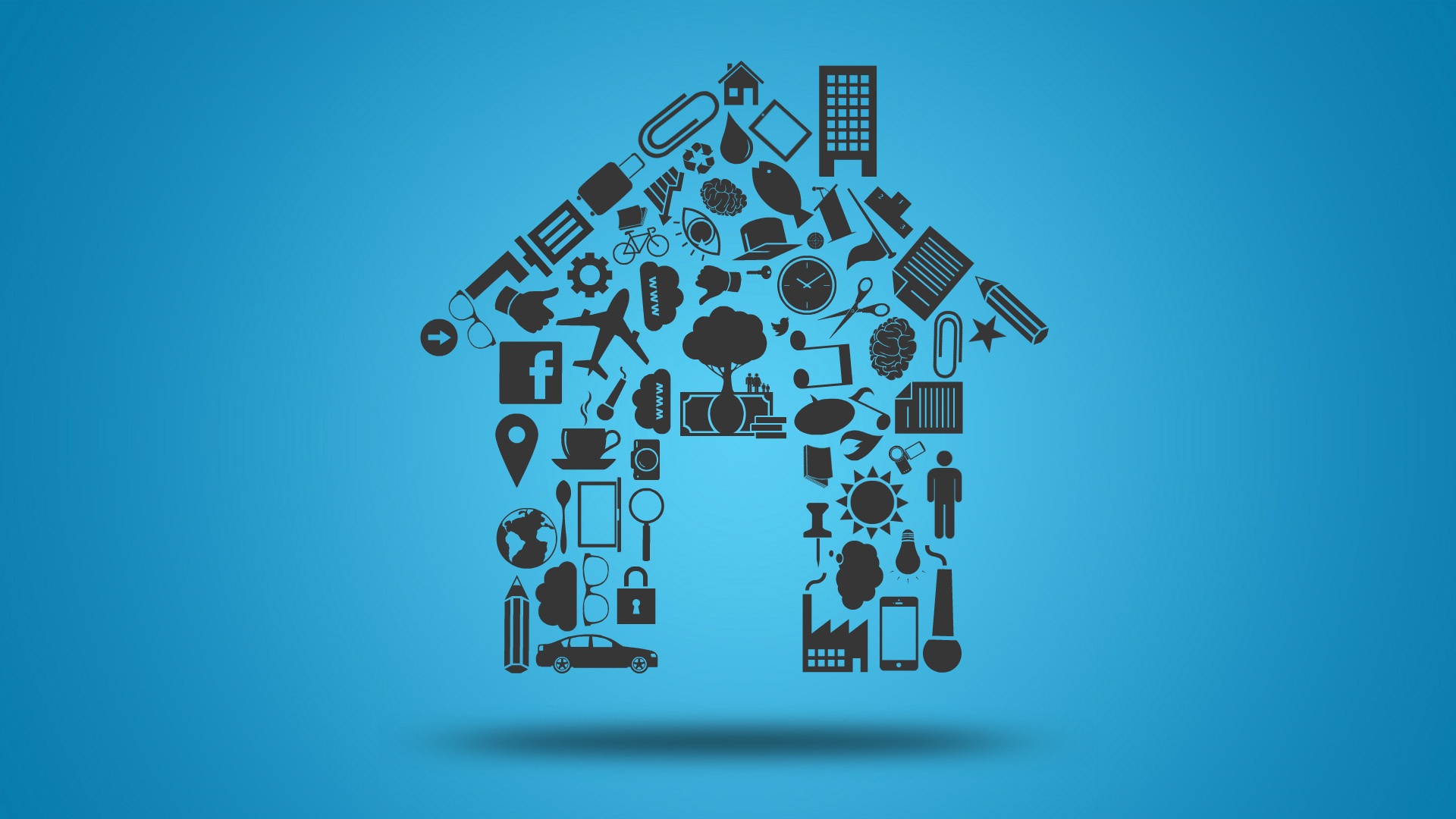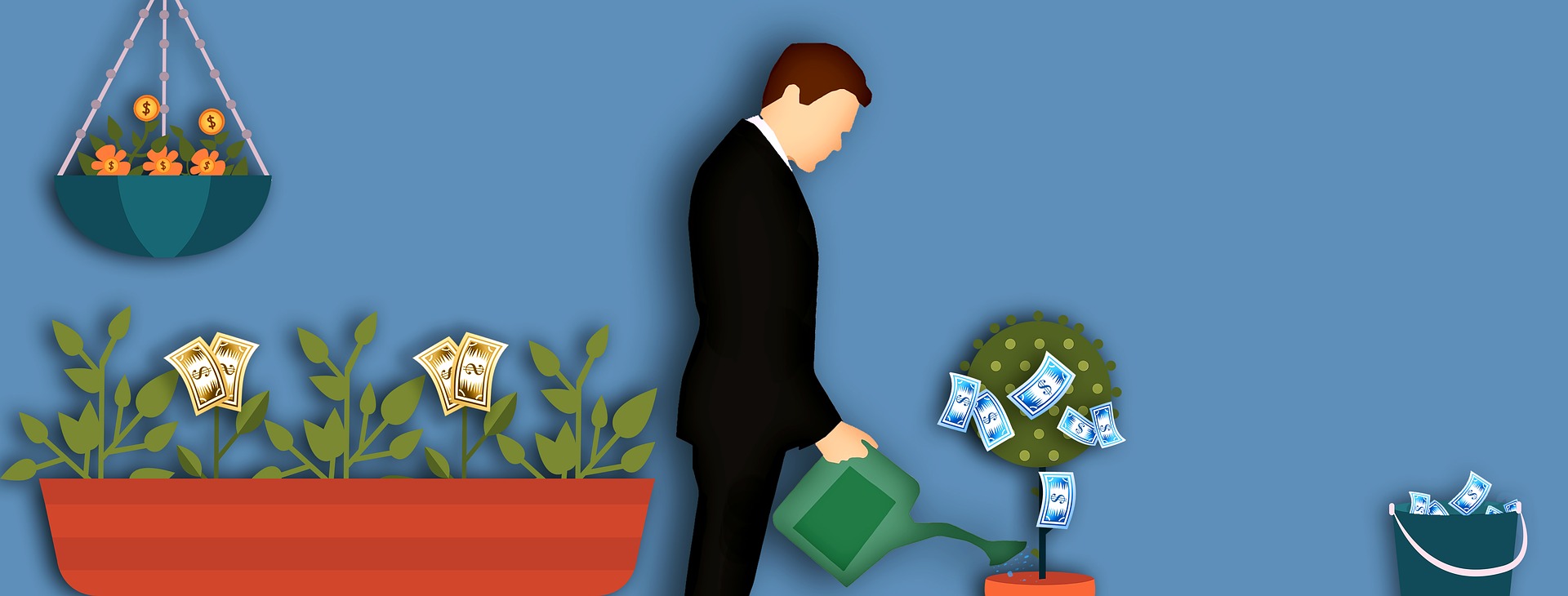First Time Home Buyer Essentials Taking the leap into homeownership is an exciting journey. Whether…
Should I Pay off my House Early?
Should I Pay Off My House?
There is no simple answer, but this article will explain what factors you need to think through before you work hard to pay off your home.
“Being debt free early in life should not be your primary financial goal.”
It may not be in your best interest to be debt free until you have accumulated all the assets you need to provide for your needs long term. For example, if 5 paid off rental houses would provide for your monthly cash flow needs, then don’t pay down debt until you’ve bought 5 properties.
Or if you need $2,000,000 in investment accounts to accomplish the same thing, focus on getting ownership of the assets you need.
If paying interest on your loan bothers you and you feel like you are wasting money, consider this fact: The interest expense from your mortgage payments is tax deductible and that makes the true cost of your 4% loan closer to 3%.
Could you make more than a 3% return on your money somewhere else? Yes, almost anywhere. With that perspective, you would be wasting money by paying your low interest-rate mortgage down early.
It Gets Even Better!
Most people do not realize that a mortgage is a simple interest loan where you pay less and less interest as time goes by. In contrast, investments are compounding and you are making interest on a bigger and bigger pot of money each year.
You would only need to make about 2% in a compounding investment to end up with more money than you would save by paying down your 4% interest rate mortgage over a 20-year period.
With a rental property you can consistently make double digit returns, not just 2%. That could make you five times better off than paying down your debt!
Some say it is less risky to have a paid off house because the bank cannot foreclose on you. That is true, but a paid off house also becomes a target for lawsuits. Did you know it is public information whether there is a lien on your home? A lien is claim on a property given as security for the repayment of a debt.
Did you know that trial lawyers could look up this information to see if you are a good target to sue? A large mortgage on your home is a deterrent to getting sued. A person may think twice about the potential benefit derived from dragging you into court.
Do you think your home equity is safe if you get sued? Guess again. The truth is that with current laws, all but $40,000 of home equity is at risk.
What if you lose your job or suddenly need money?
Even if you paid down your loan balance aggressively, the bank will not send that money back to you.
It is hard to get money when you really need it. Don’t assume you can refinance and get money out. If your income has gone down, you may not qualify. Secondly, lending may tighten up like in the last recession. The bottom line. The entire time you are paying off your home with big extra payments, you are potentially increasing your financial risk.
If you were a bank, which house would you foreclose on first- the one with a large loan with minimal owner equity to cover your debt and fees-or one that has plenty of equity to make the bank whole? Every day of the week you will foreclose on the home that the owners paid the debt way down.
In conclusion
If you really want to pay off your mortgage in the safest and quickest way possible, do not send extra payments to the bank! This is simply my suggestion, but consider putting the extra money in a compounding, low risk investment. That way you can easily access it and let it grow. Keep adding money each month that you would have otherwise sent in as an extra principal payment to your mortgage. When that account grows to the size of your mortgage loan, then pay it off with one payment.
Once your home is paid off, I suggest speaking with a real estate attorney. They can shield the title of your home and call your local insurance agent to purchase personal umbrella insurance. Those two actions will protect what you have worked hard to accomplish.
If you would like to discuss any of these ideas further or if you know anyone who is buying a home in Colorado in the next year, please give me a call:
Ryan Jahnke
719-210-5517







